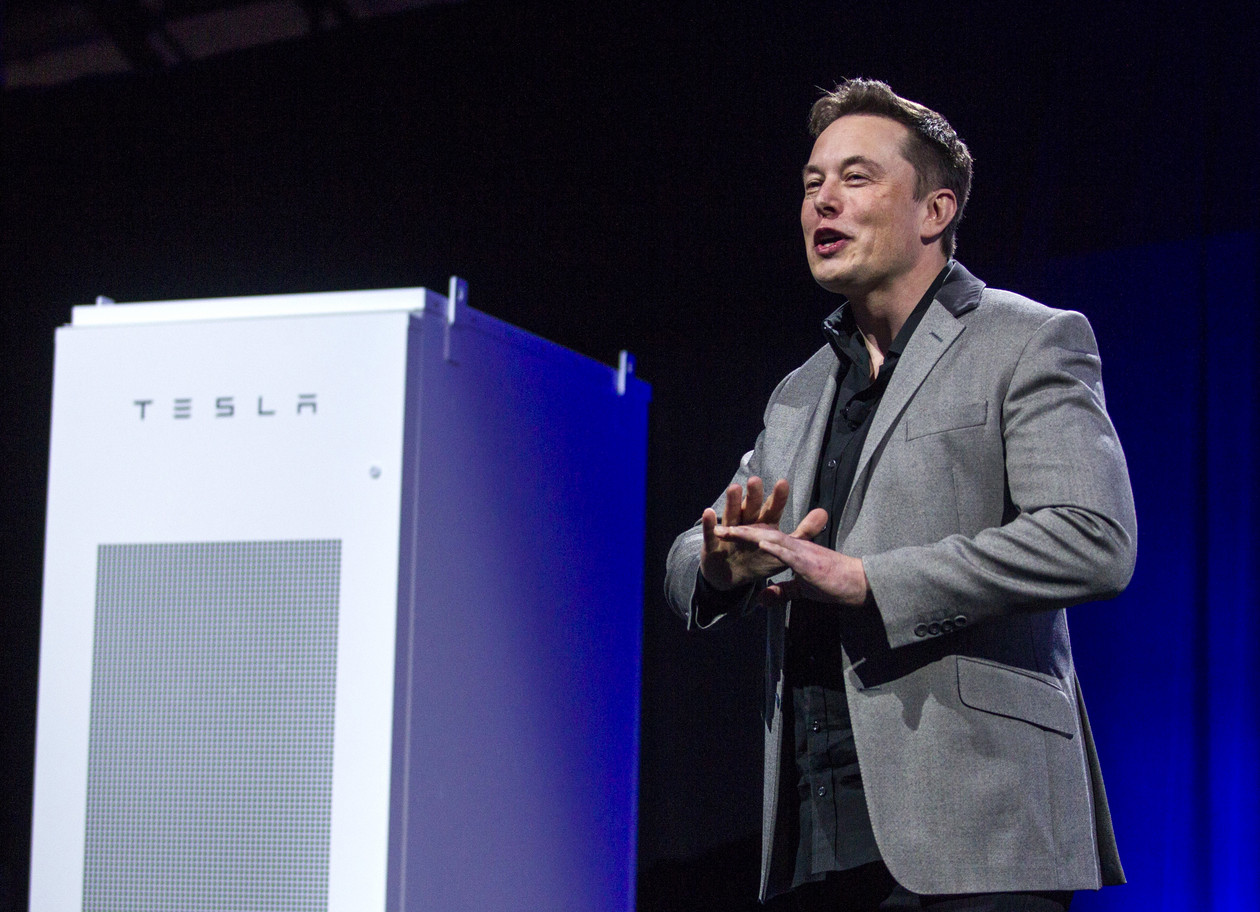Musk, who announced his resignation from the Trump administration just hours before, echoed Tesla’s criticism of the Republican megabill, which he said would eliminate clean energy tax incentives.
“The reliability of our grid and America’s energy independence would be jeopardized if the energy tax credits were abruptly terminated,” the solar and battery subsidiary of Tesla, Tesla Energy, stated on X.
There are only a handful of shovel-ready projects that would be eligible for the clean electricity investment credit under the House-passed reconciliation bill, which would quickly scale it down for all types of generation (except nuclear) and eliminate the Inflation Reduction Act’s residential solar credit by the end of the year.
At a time when Tesla is facing falling sales and outrage due to Musk’s activities to undermine the government workforce, the plan would also stop most electric car credits at the end of the year, preventing the business from receiving a $7,500 incentive.
In comparison to its automobile business, Tesla’s energy segment has been more profitable and had quicker growth over the past several years. Musk started it in 2015, and it offers solar panels, batteries, and other energy storage solutions to residential customers and utility providers.
According to Tesla Energy, a “sensible wind down” of home solar and clean power investment incentives would enable the “continued speedy deployment of over 60 [gigawatts] capacity per year to support AI and domestic manufacturing growth.” The company pleaded with the Senate to back this plan.
“Slashing solar energy credits is unjust,” another user wrote, and Musk subsequently repeated the argument on his own X account.
“Electric vehicles and solar power are the only areas that will see changes to tax incentives; oil and gas will remain unchanged,” Musk wrote.
After announcing last month that he would be resigning from his position as a “special government employee” to focus more on Tesla, Musk stated on Wednesday that his resignation was effective immediately.
After earlier advocating for the elimination of all government subsidies—including those for EVs and the fossil fuel industry—Musk has now shifted his position to favor the credits. He has argued that Tesla will benefit from the elimination of the EV credit as its rivals are more dependent on it.
Oil industry advocates have long argued that their tax incentives should not be called “subsidies,” as they are comparable to the deductions that corporations may claim.
Earlier this week, Musk expressed his disapproval of the megabill’s cost, stating that he was “disappointed” because it raises the deficit and goes against his so-called Department of Government Efficiency’s attempts to reduce spending.
